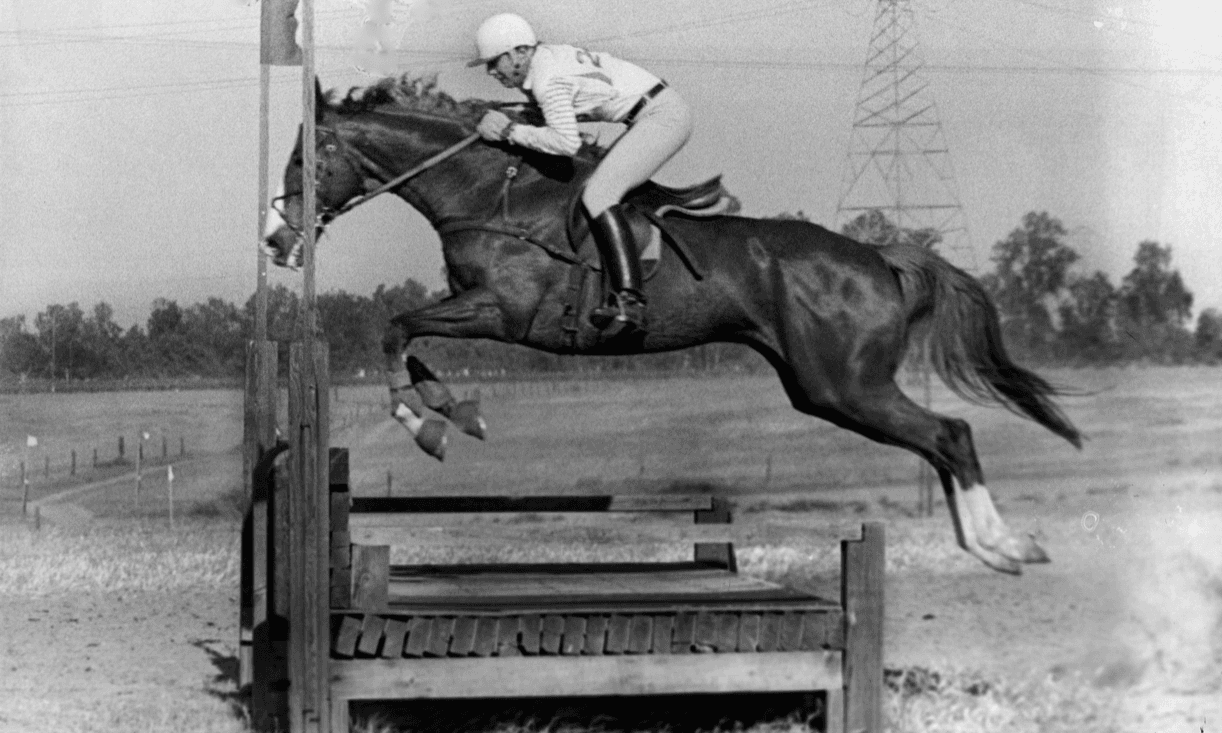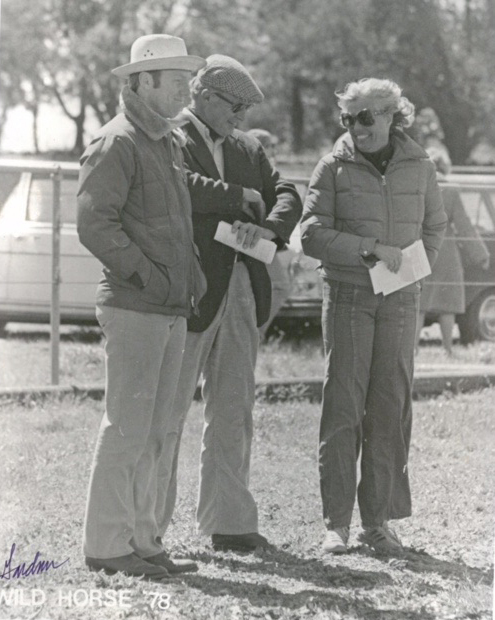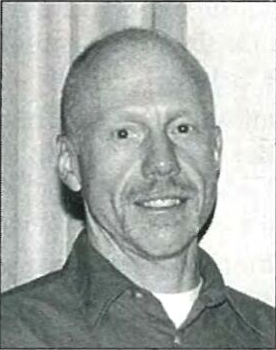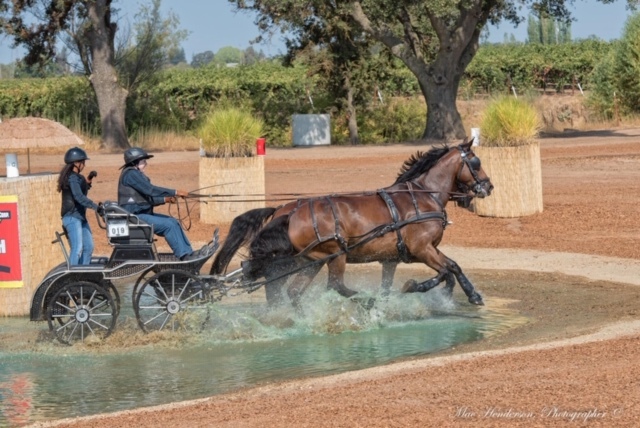In Memoriam: Robert E. Smith

Longtime USEA member and supporter Robert E. Smith passed away on June 2, 2020 following a battle with cancer. Smith was born in 1946 and grew up in Malibu, California. He started out riding on his parents' ranch and originally competed in hunters and jumpers. In 1968 Smith transitioned to eventing and began training with Hilda Gurney at the Woodland Hills Pony Club. He had two very successful horses – Malibu Lad who competed through Intermediate and Timber Top who competed through Advanced including at the famous 1977 Ledyard International. Smith then lent Timber Top to Brian Sabo who would successfully ride him around Ledyard once again as well as the Rolex Kentucky Three-Day Event.

Ledyard would be Smith’s last event as he decided to focus on the development of the sport in Area VI and at the national level. Smith moved to the San Francisco Bay Area to work for the California Public Utilities Commission after graduating from the University of California Los Angeles with a master’s degree in Public Health.

In 1976 Smith, along with Kay Hitch, Janey Bennett, Vicky Matisi, Jackie Ahl, and Sabo, founded the Combined Training Equestrian Teams Alliance (CTETA). “His dream was to create an ‘Adult Pony Club’ to foster horsemanship as a next step beyond Pony Club,” explained his friend Sabo. “On the long drives coast to coast we had endless talks about the Combined Training Equestrian Teams Alliance (Bob loved long names!). Eventually, CTETA became a nationwide organization, was an affiliate of the USCTA (now USEA), and had 22 “Combined Training Teams” with a similar structure to the U.S. Pony Clubs. We conducted many ratings, and with our 501 (c) designation and insurance, ran clinics across the country. Many adults were certified in ratings that included written and riding tests culminating in receiving certification from Level 1 through 4.
In 1982, CTETA, with Smith as President, secured a lease on a 272-acre piece of property owned by Stanford University and known locally as Guernsey Field and began to host a wide range of equestrian activities for a number of different disciplines including eventing, hunter/jumpers, polo, driving, and reining. CTETA hosted the USCTA Western DeBroke Championships beginning in 1996 and in 1998 the facility was renamed the Horse Park at Woodside.

From 1985-1987 Smith served on the USCTA Board of Governors and he was recognized with a Governor’s Cup in 1995 due to his devotion to the sport. The winner of the Woodside CCI4*-S is given the Founder’s Cup in honor of Smith.
“Bob’s influence on the sport was immeasurable and his legacy provides our sport benefits that will continue long into the future,” said Sabo. “Of course, a book could be written on Bob and his journey. But his legacy would be the furtherance of the sport he loved, and he would be happy with that.”

In his later years Smith took up combined driving, and in 2008 he married Andrew Garcia and they lived at their Handy Horse Farm in Wilton, California.
The USEA sends its deepest condolences to all of Smith’s family, friends, and connections.














